- 8-IMP
- 2025-09-16 11:00
- 11:30
- Room:
81/R-003B - Science Gateway Auditorium B
-
- Gelsomina (Jessica) Catalano, Partner, Senior Researcher,
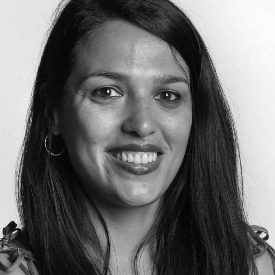 , Gelsomina (Jessica) Catalano is a partner and senior expert at CSIL with more than15 years of experience contributing to complex evaluations, impact assessments, project appraisals, and research studies for EU institutions and international organisations (European Commission, European Parliament, European Investment Bank) covering different policy areas. She is specialised in the socio-economic impact assessment of large research infrastructures. She has contributed to developing a model for the assessment of costs and benefits of large research infrastructures in the frame of the research project ‘Cost/Benefit Analysis in the Research, Development and Innovation Sector’ sponsored by the EIB University Research Sponsorship programme. She contributed to the ex-post cost-benefit analysis of the Large Hadron Collider, to the mid-term evaluation of the Hi-Lumi-LHC and is currently contributing to the ex-ante socio economic impact assessment of the Future Circular Collider (on behalf of CERN). Over recent years, she has also been working for different research infrastructures (e.g., Italian Space Agency, CERN, ALBA synchrotrons, Diamond, Elixir) on the assessment of different impacts. She has been contributed to developing a model for assessing research infrastructures’ impacts pathways in the framework of the Horizon 2020 RI-PATHS project. She has coordinated the development of a cost benefit analysis framework of open science in the framework of Horizon Europe PathOS project and contributed to test it on the UniProt database and RCAAP repository. , CSIL, https://www.csilmilano.com/, Italy
, Gelsomina (Jessica) Catalano is a partner and senior expert at CSIL with more than15 years of experience contributing to complex evaluations, impact assessments, project appraisals, and research studies for EU institutions and international organisations (European Commission, European Parliament, European Investment Bank) covering different policy areas. She is specialised in the socio-economic impact assessment of large research infrastructures. She has contributed to developing a model for the assessment of costs and benefits of large research infrastructures in the frame of the research project ‘Cost/Benefit Analysis in the Research, Development and Innovation Sector’ sponsored by the EIB University Research Sponsorship programme. She contributed to the ex-post cost-benefit analysis of the Large Hadron Collider, to the mid-term evaluation of the Hi-Lumi-LHC and is currently contributing to the ex-ante socio economic impact assessment of the Future Circular Collider (on behalf of CERN). Over recent years, she has also been working for different research infrastructures (e.g., Italian Space Agency, CERN, ALBA synchrotrons, Diamond, Elixir) on the assessment of different impacts. She has been contributed to developing a model for assessing research infrastructures’ impacts pathways in the framework of the Horizon 2020 RI-PATHS project. She has coordinated the development of a cost benefit analysis framework of open science in the framework of Horizon Europe PathOS project and contributed to test it on the UniProt database and RCAAP repository. , CSIL, https://www.csilmilano.com/, Italy
Understanding the impacts of Open Science (OS) and the extent to which they materialise requires a solid methodological framework, which is not yet fully established. The Cost-Benefit Analysis (CBA) framework for OS - developed (part of the PathOS project) - aims to provide a systematic and comprehensive approach to quantifying the impacts of OS. This framework goes beyond simply evaluating benefits; it incorporates associated costs and enables meaningful comparisons with scenarios in which OS is not implemented.
This presentation will illustrate key elements of this framework, focusing on the types of costs (e.g.,set-up and maintenance costs) and benefits (e.g.,costs saved) specifically related to open science, and details the methodology to quantify these elements within the context of a CBA. Real-world applications of this framework will be used to offer practical insights into its utility and effectiveness. In particular, the presentation will draw on the use of the CBA to assess the value of:
UniProt, a widely used and freely accessible open database for protein sequence and functional information.
RCAAP, a network of open institutional repositories involving multiple Portuguese research institutions.
This presentation will show how the CBA framework can support policy and funding decisions and demonstrate the value of OS practices in research infrastructures. It will also shed light on the challenges that may arise when applying this framework and offer recommendations for potential mitigation strategies and actions. These insights are intended to enhance the utility of the framework as a valuable tool for the future evaluation of OS resources.
- Parallel Session 1
- 2025-09-16 11:00
- 12:00
- Room:
81/R-003B - Science Gateway Auditorium B
-
- Maja Hoić, Librarian,
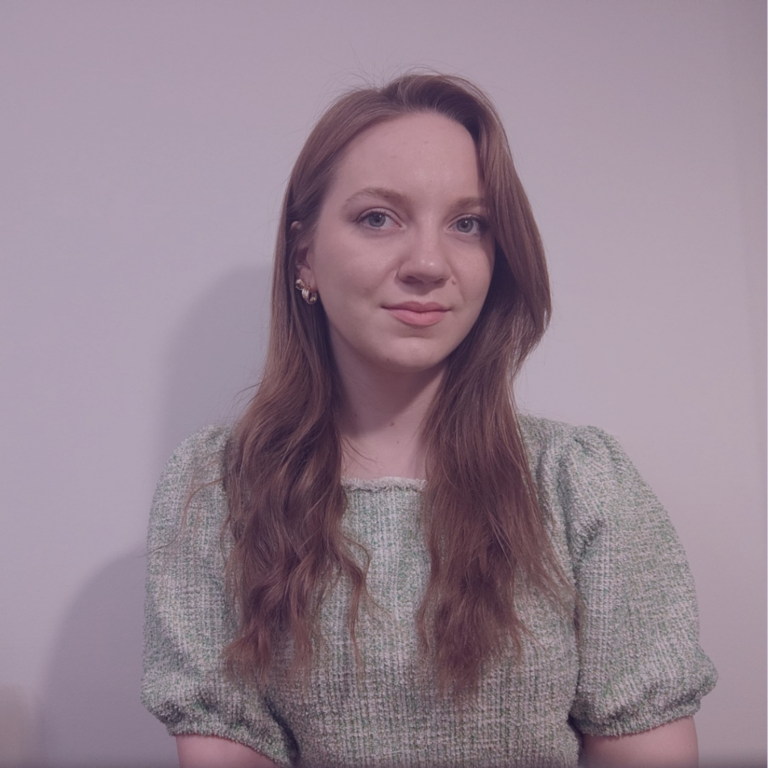 , Maja Hoić is a librarian at the Institute for Development and International Relations (IRMO) in Zagreb and a PhD candidate in Information Sciences at the University North. She is a member of the Open Science Monitoring Initiative (OSMI) and serves as the Eurodoc representative in the CoARA Working Group on Ethics and Research Integrity in AI. She previously contributed to the development of CroRIS, the Croatian national CRIS system. She is also an active member of the Penkala Association, where she coordinates research on Open Science awareness and perceptions among Croatian researchers and students. , Institute for Development and International Relations, https://irmo.hr/home-2/, Croatia
, Maja Hoić is a librarian at the Institute for Development and International Relations (IRMO) in Zagreb and a PhD candidate in Information Sciences at the University North. She is a member of the Open Science Monitoring Initiative (OSMI) and serves as the Eurodoc representative in the CoARA Working Group on Ethics and Research Integrity in AI. She previously contributed to the development of CroRIS, the Croatian national CRIS system. She is also an active member of the Penkala Association, where she coordinates research on Open Science awareness and perceptions among Croatian researchers and students. , Institute for Development and International Relations, https://irmo.hr/home-2/, Croatia
This presentation delivers a critical policy assessment of national Open Science (OS) strategies and policies across selected EU Member States, examining their alignment with, and divergence from, supranational frameworks, particularly EOSC and broader EU digital agendas. Drawing on socio-epistemological theory and a critical analysis of policy and infrastructural dependencies within the EU, it explores how national approaches negotiate the balance between epistemic autonomy, institutional capacity, and compliance with common standards.
The assessment applies an evaluation framework, encompassing: the existence of national OS instruments (strategy, action plan, monitoring), thematic coverage (open access, open data, education, etc.), stakeholder engagement, legal enforceability, implementation mechanisms, degree of EOSC/EU alignment, incorporation of research assessment reform, evidence-informed policy development, and reliance on national strategic frameworks and development priorities. Countries are evaluated qualitatively, based on policy documents and data sourced from the EOSC Observatory and official national portals. The assessment framework also considers the SMART criteria.
Croatia is presented as an in-depth case study of a still-emerging policy ecosystem. The analysis includes the 2023 Draft National OS Plan. Complementing this, the presentation introduces original survey results on OS awareness and perceptions among Croatian researchers and students covering all major OS components conducted throughout 2024 and 2025 with the aim of producing a white paper to inform future policymaking.
-
- Merten Dahlkemper,
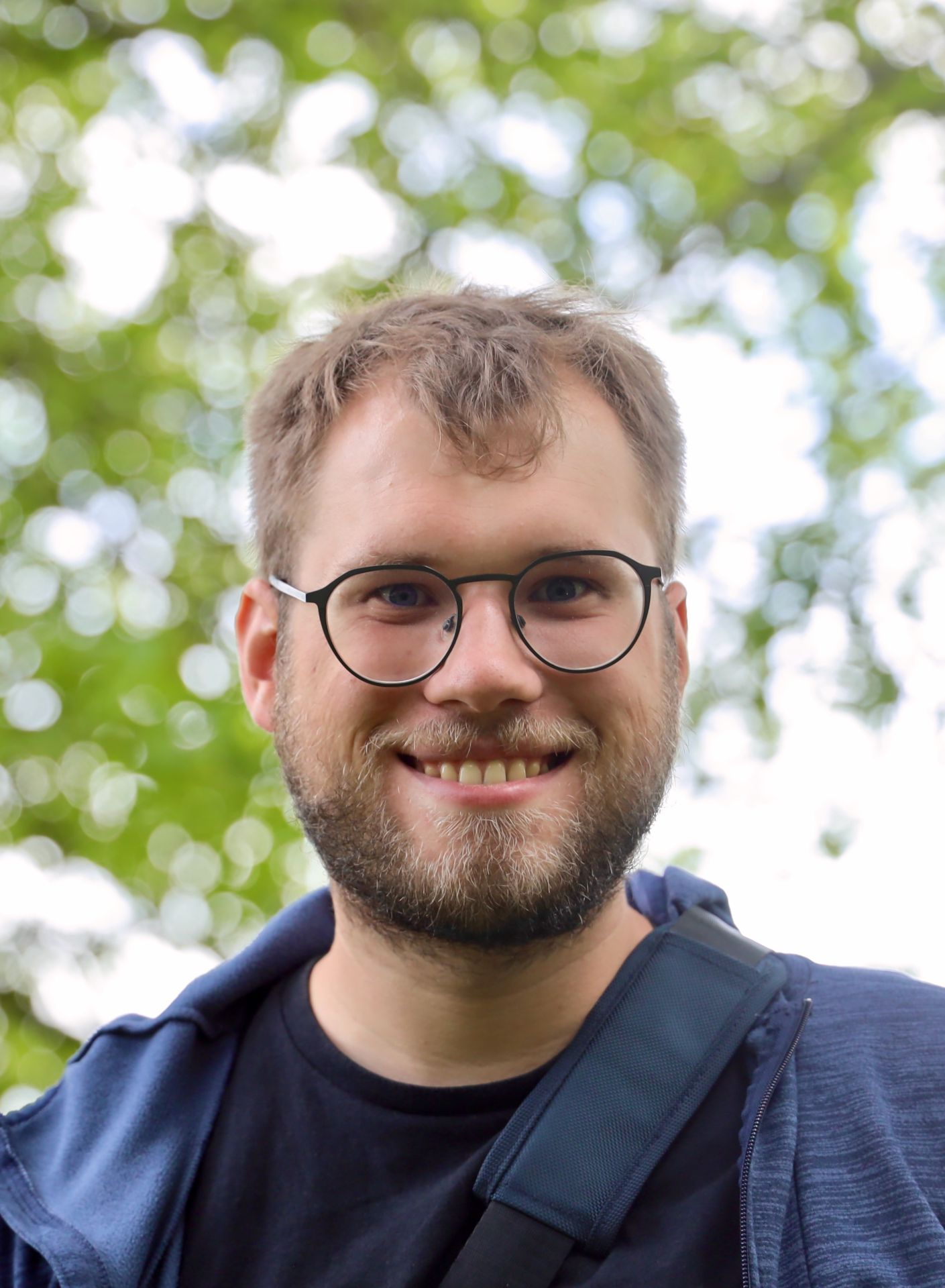 , Community Manager for Open Science, European Organization of Nuclear Research (CERN), https://home.cern/, Merten is Community Manager for Open Science at CERN, with a background in Physics Education and Science Communication. He earned his Master’s degree in Physics and completed an internship at the University Library of Göttingen, Germany, in 2020. He then moved to CERN to pursue a PhD in Physics Education, strengthening his communication expertise. After completing his PhD, he joined CERN’s Open Science Team in February 2025 to combine his passions for Open Science and Communication. He is currently leading the development of CERN’s strategy to foster meaningful participation in the implementation of its Open Science Policy.
, Community Manager for Open Science, European Organization of Nuclear Research (CERN), https://home.cern/, Merten is Community Manager for Open Science at CERN, with a background in Physics Education and Science Communication. He earned his Master’s degree in Physics and completed an internship at the University Library of Göttingen, Germany, in 2020. He then moved to CERN to pursue a PhD in Physics Education, strengthening his communication expertise. After completing his PhD, he joined CERN’s Open Science Team in February 2025 to combine his passions for Open Science and Communication. He is currently leading the development of CERN’s strategy to foster meaningful participation in the implementation of its Open Science Policy.
- 2025-09-16 11:00
- 11:00
- Room:
81/R-003C - Science Gateway Auditorium C
-
- Lisanna Paladin, Data Science Community and Internal Support Lead,
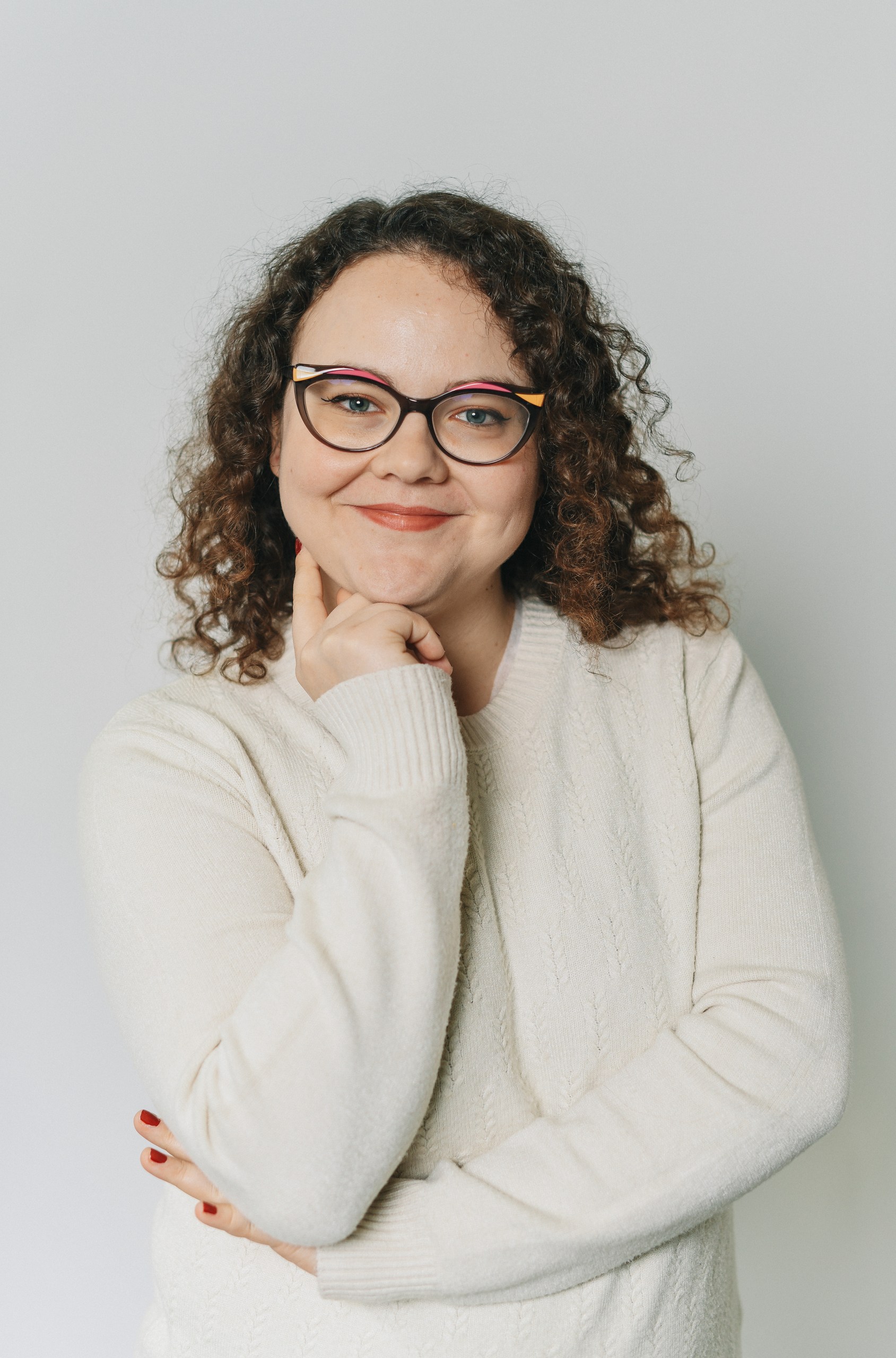 , Lisanna Paladin leads Data Science Internal Support and Community at the European Molecular Biology Laboratory (EMBL). She brings expertise in building sustainable research communities, implementing training programs, and developing institutional support systems for open science practices. , European Molecular Biology Laboratory (EMBL), https://www.embl.org/, Germany
, Lisanna Paladin leads Data Science Internal Support and Community at the European Molecular Biology Laboratory (EMBL). She brings expertise in building sustainable research communities, implementing training programs, and developing institutional support systems for open science practices. , European Molecular Biology Laboratory (EMBL), https://www.embl.org/, Germany - Malvika Sharan, Co-Director of Open Life Science and Senior Researcher at The Alan Turing Institute,
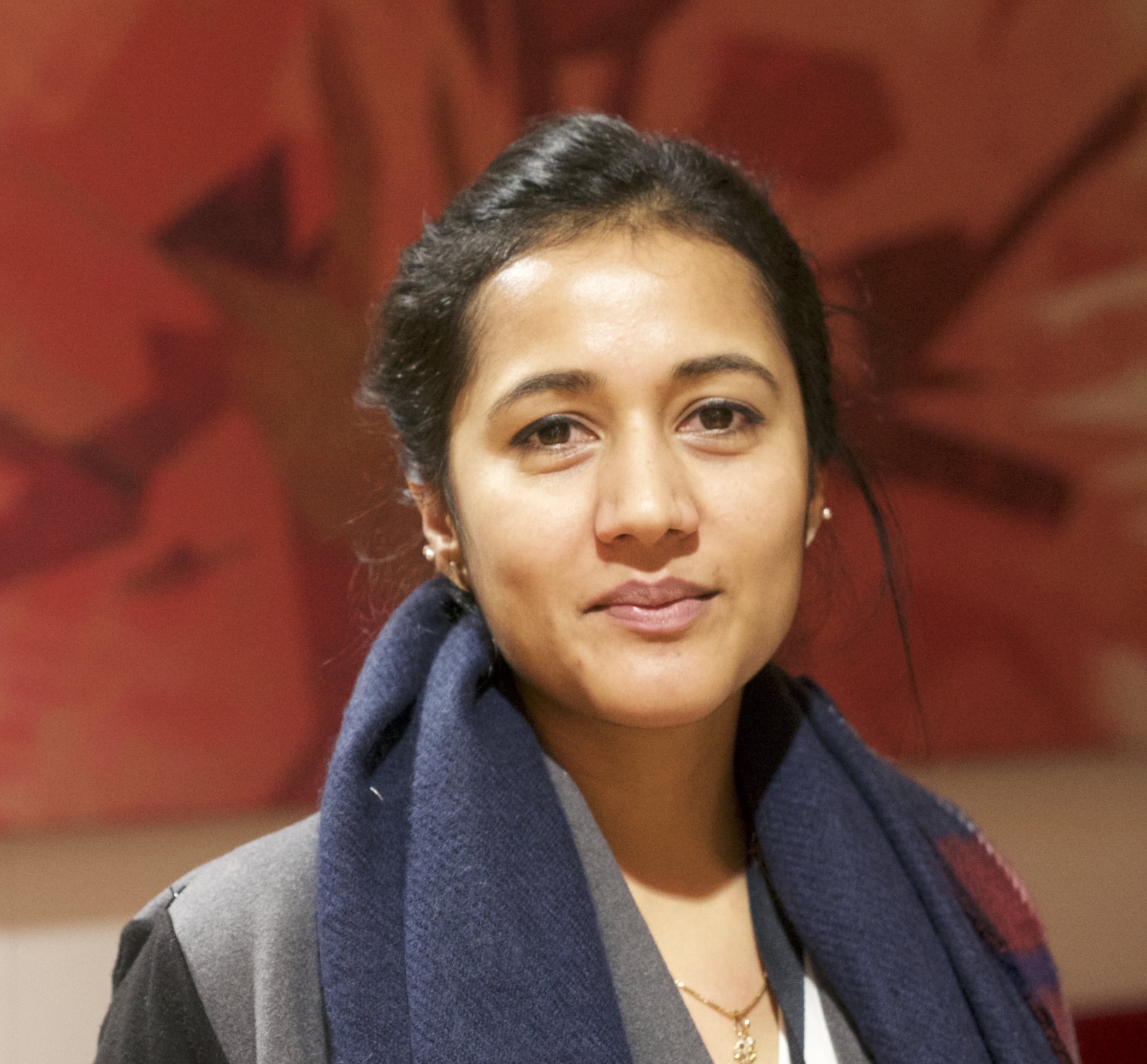 , Malvika Sharan is co-Director of Open Life Science and Senior Researcher at The Alan Turing Institute. Her expertise includes designing people-centered governance models for research communities and creating inclusive structures that empower researchers at all career stages to participate in open science initiatives. , Alan Turing Institute, https://www.turing.ac.uk/, UK
, Malvika Sharan is co-Director of Open Life Science and Senior Researcher at The Alan Turing Institute. Her expertise includes designing people-centered governance models for research communities and creating inclusive structures that empower researchers at all career stages to participate in open science initiatives. , Alan Turing Institute, https://www.turing.ac.uk/, UK - Nokuthula Mchunu, Deputy Director,
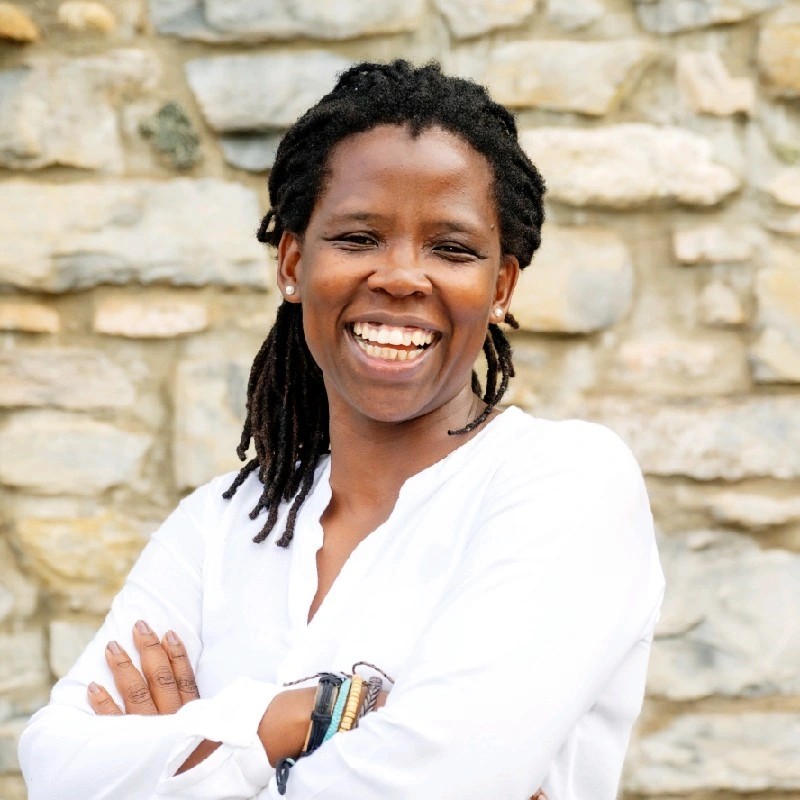 , Nokuthula Mchunu serves as Deputy Director of the National Research Foundation of South Africa, where she builds partnerships between research organizations globally. She contributes insights on scaling open science communities across diverse institutional and cultural contexts, with particular expertise in developing regions. , National Research Foundation, South Africa, https://www.nrf.ac.za/, South Africa
, Nokuthula Mchunu serves as Deputy Director of the National Research Foundation of South Africa, where she builds partnerships between research organizations globally. She contributes insights on scaling open science communities across diverse institutional and cultural contexts, with particular expertise in developing regions. , National Research Foundation, South Africa, https://www.nrf.ac.za/, South Africa
Building Open Science Communities That Last
Policies and training are just the start, how do we sustain Open Science through strong, researcher-led communities? This panel explores how institutions can embed openness into culture, support inclusive governance, and professionalize community-building roles. Join us to share lessons, spark ideas, and co-create pathways to lasting, people-powered change.
- 8-INF
- 2025-09-16 11:00
- 11:00
- Room:
81/R-003A - Science Gateway Auditorium A
-
- Jakob Rager, Associate Professor,
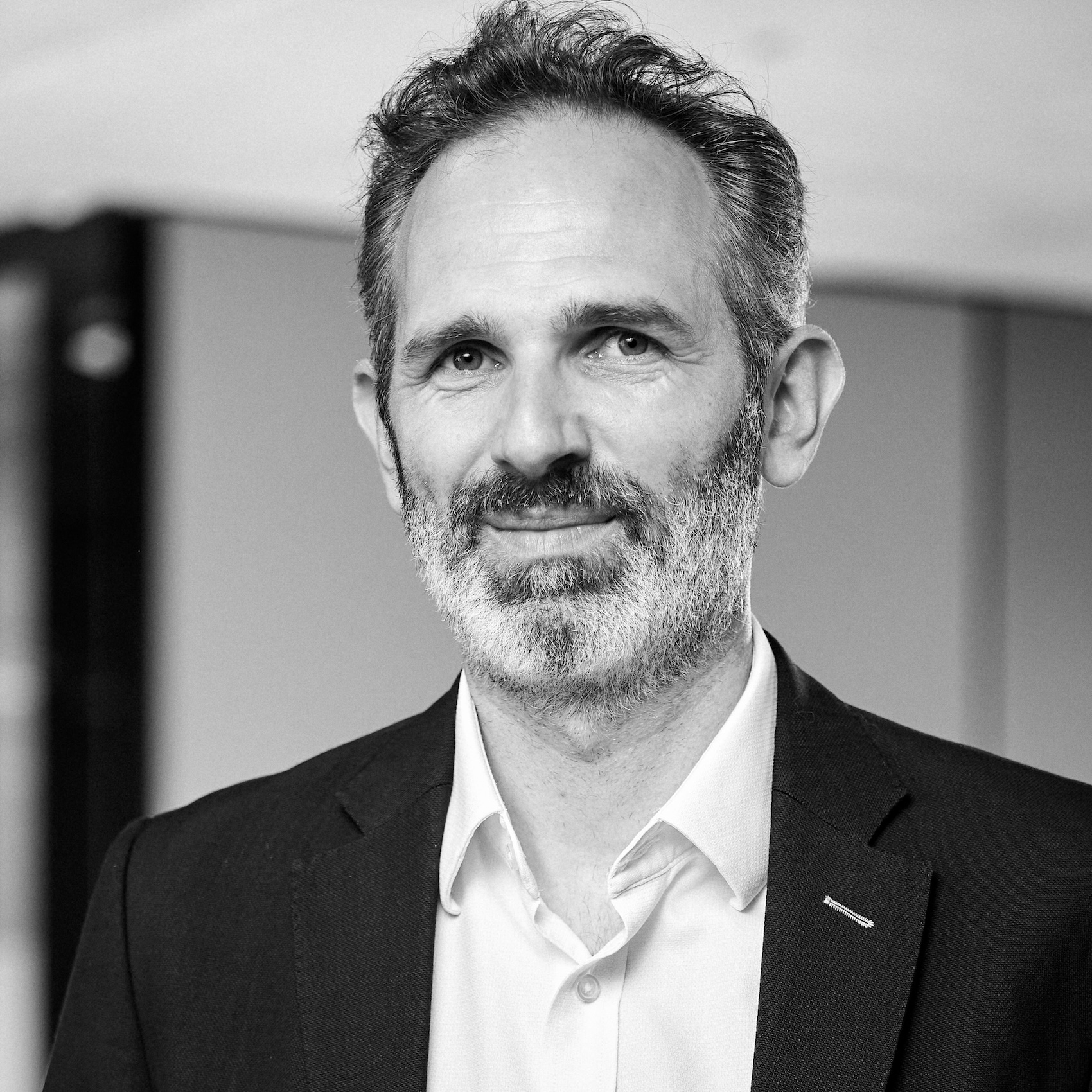 , Prof. Dr. Jakob Rager is a transdisciplinary industrial research engineer with extensive experience at the intersection of open science and energy in system engineering. He has made significant contributions to various projects aimed at advancing open access and open-source solutions in the energy sector with Hotmaps, EnerMaps, EraNet OpenGIS4ET (CitiWatts) and SciLake based on FAIR data. , HES-SO Valais/Wallis, https://www.hevs.ch/en, Switzerland
, Prof. Dr. Jakob Rager is a transdisciplinary industrial research engineer with extensive experience at the intersection of open science and energy in system engineering. He has made significant contributions to various projects aimed at advancing open access and open-source solutions in the energy sector with Hotmaps, EnerMaps, EraNet OpenGIS4ET (CitiWatts) and SciLake based on FAIR data. , HES-SO Valais/Wallis, https://www.hevs.ch/en, Switzerland
Scientific Knowledge Graphs (SKGs) currently lack systematic approaches for handling geographic data, a particularly relevant limitation in energy planning, where spatial context is crucial for informed decision-making. The SciLake project (Horizon No. 101058573) aims to enhance knowledge discovery by improving the SKG’s infrastructure and services for accessing, integrating, and reusing research data across various disciplines. During the development of the Energy pilot, we created and tested a workflow to systematically detect mentions of geographical entities in scientific texts, analysed their contextual relevance (e.g., study site, case study location, broader regional focus), and mapped these associations on a European scale.
We enriched existing scientific metadata with structured geospatial information using natural language recognition enhanced by AI. We showcase that we can extract geographic mentions of case studies and institutions from open-source research.
The resulting enriched knowledge graph enables researchers, policymakers, and funders to explore research activity through a geographical lens, supporting new forms of discovery, collaboration, and policy analysis. Our work closes the gap between research and practice by providing interactive maps, which are more accessible to broader audiences than API or other current interfaces.
We utilise regional energy planning to demonstrate our approach, which includes addressing challenges related to multiple entity disambiguation. We will discuss how this enrichment pipeline could be integrated into other European Open Science infrastructures. Additionally, we will reflect on broader implications, such as areas lacking research studies, enhancing research discoverability through contextual metadata, and the potential for building more navigable, interoperable, and inclusive open science ecosystems.
- 2025-09-16 11:00
- 11:00
- Room:
81/R-003B - Science Gateway Auditorium B
-
- Alexandra Delipalta, Director,
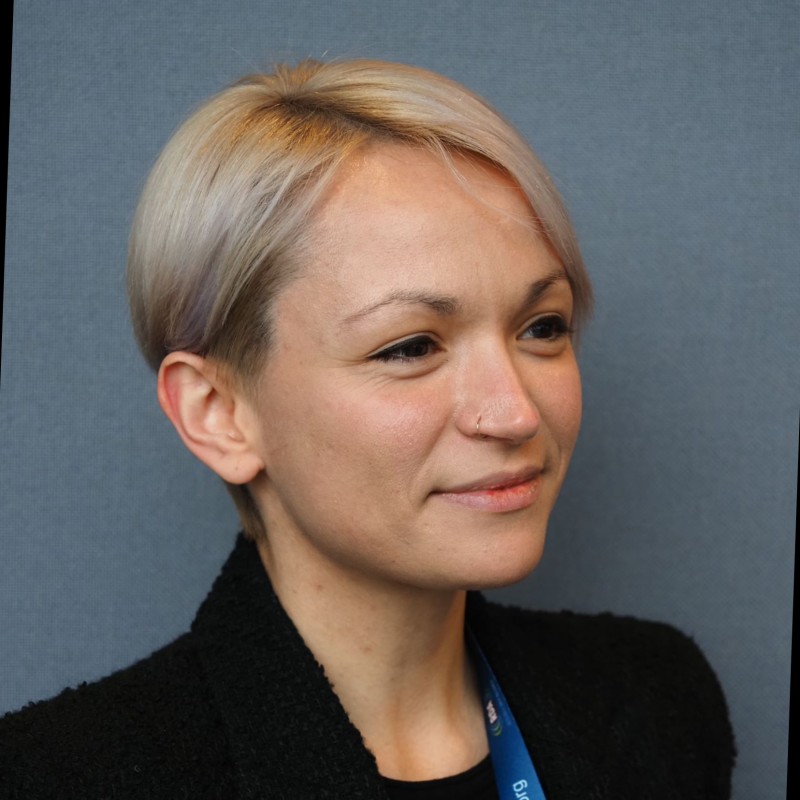 , Alex Delipalta is the Director of RDA Europe, the regional office of the RDA tasked with supporting the European RDA community, and providing the link between global and regional initiatives. She worked at the Centre for Speech Technology Research (CSTR), Edinburgh University for three years before joining the Digital Curation Centre (DCC) in 2016, where she held multiple roles over six years, including that of Strategy and Operations Specialist. Alex has been a part of the RDA community since 2018, when she joined the RDA Secretariat. Alex was appointed Director of the European RDA office in December 2023. , RDA Europe, https://www.rd-alliance.org/, Ireland
, Alex Delipalta is the Director of RDA Europe, the regional office of the RDA tasked with supporting the European RDA community, and providing the link between global and regional initiatives. She worked at the Centre for Speech Technology Research (CSTR), Edinburgh University for three years before joining the Digital Curation Centre (DCC) in 2016, where she held multiple roles over six years, including that of Strategy and Operations Specialist. Alex has been a part of the RDA community since 2018, when she joined the RDA Secretariat. Alex was appointed Director of the European RDA office in December 2023. , RDA Europe, https://www.rd-alliance.org/, Ireland
The RDA TIGER project has played a pivotal role in supporting Research Data Alliance (RDA) Working Groups (WGs) that align, harmonise and standardise Open Science developments and technologies globally. While the RDA is a global platform, one of RDA TIGER’s key selection criteria for supporting WGs and projects is their potential impact on solving European data challenges and promoting data sharing and Open Science, in alignment with the EOSC Strategic Research and Innovation Agenda (SRIA). The RDA TIGER project supports 23 WGs and has funded 9 projects, each with a tangible impact on the EOSC ecosystem and related challenges. To articulate the value and impact of the RDA TIGER project on the European landscape and EOSC ecosystem, in early 2025, the project team embarked on a large-scale landscape analysis to map the impact of RDA WGs to EOSC. This presentation features an in-depth analysis and lessons learnt from this endeavour.
Specifically, we will:
Introduce the landscape report as a tool and resource for European data professionals, EOSC users, researchers, and policymakers enabling them to navigate the wealth of RDA outputs that address key challenges in the region.
Present preliminary results and lessons arising from the mapping of the RDA WGs and their direct contributions to the SRIA priorities and challenges.
Highlight forward-looking recommendations coming out of the report.
By illustrating the tangible outcomes of RDA TIGER’s support, this presentation provides key insights into how collaborative, international research data initiatives can drive meaningful change in Europe and beyond.
- 2025-09-16 11:00
- 12:00
- Room:
81/R-003A - Science Gateway Auditorium A
-
- Tibor Simko, Computing Engineer, , Dr Tibor Šimko leads several open science and reproducible research data projects at CERN. Tibor is the founder of the CERN Open Data portal, the CERN Analysis Preservation service, and the REANA Reusable Analyses platform. Tibor worked as a Technology Director of INSPIRE, the high-energy physics information system built in a world-wide collaboration among CERN, DESY, FNAL, IHEP and SLAC laboratories. Tibor also founded the Invenio digital repository framework and participated in several EC projects related to data preservation and information management (BlogForever, CRISP). Tibor received PhD degrees in computational plasma physics from Comenius University (Slovakia) and from University Paris-Sud (France). Tibor's professional interests include open science, reproducible research, data preservation and analysis workflows, information management and retrieval, software architecture and development, psychology of programming, free software culture and more. , European Organization for Nuclear Research (CERN), https://home.cern/, Switzerland
In this talk we propose to survey the computational reproducibility practices, opportunities and challenges in view of fostering Open and FAIR Science in research communities.
We discuss several thinking models regarding computational reproducibility, focusing on the broader knowledge preservation and reuse aspects rather than on the raw computing evolution aspects.
Building upon several use cases from experimental particle physics and related scientific disciplines, we discuss the variety of sociological and technological challenges inherent in making the research innately reproducible and reusable.
From the researcher point of view, we argue how "preproducibility" should come early in the scientific process in order to ensure its future reusability.
From the data infrastructure point of view, we argue how the data repository services benefit from accompanying "analysis engines" to ensure the correctness of data curation procedures of the validity of data usage recipes.
The ultimate goal of the Open Science and Data Preservation efforts is to facilitate future reuse and reinterpretation of scientific data by new generation of researchers. A strong focus on the computational reproducibility of original data analyses provides a way to facilitate the reuse and reinterpretation of Open and FAIR data even many years after the original publication.
This talk is heavily inspired, but not limited to, the experiences and lessons learnt from the past ten years of running the CERN Open Data portal and the REANA reproducible analysis platform for the particle physics community.
- 8-INF
- 2025-09-16 11:00
- 11:30
- Room:
81/R-003A - Science Gateway Auditorium A
-
- Lars Holm Nielsen, , European Organization for Nuclear Research (CERN), https://home.cern/
Open Science infrastructures have significantly advanced global knowledge sharing, enabling wider access, collaboration, and transparency in research. However, alongside these achievements, we face substantial challenges from spam and malicious activities that threaten the integrity of scholarly communications and pollute the scholarly graph. These challenges include the exponential growth of AI-generated content that blurs the line between legitimate research and sophisticated fabrication, rampant plagiarism facilitated by easily accessible digital content, and predatory journals that exploit the openness of publication channels for commercial gain.
Further, covert and aggressive data harvesting practices threaten to take down repositories, while the dual-use nature of open platforms can inadvertently facilitate unethical uses of openly shared research. Addressing these challenges demands rigorous governance, novel technical implementations such as advanced machine-learning classifiers to detect spam, and coordinated community-driven moderation policies.
In this session, we explore practical experiences and innovative solutions from managing Zenodo, a large-scale open science infrastructures, focusing on balancing openness with robust security measures. We discuss emerging practices to mitigate risks, enhance metadata quality, and uphold the credibility and fairness of open science systems. The presentation aims to engage the community in a critical discussion about proactive strategies and collaborative approaches to safeguard open science from exploitation.
 , Gelsomina (Jessica) Catalano is a partner and senior expert at CSIL with more than15 years of experience contributing to complex evaluations, impact assessments, project appraisals, and research studies for EU institutions and international organisations (European Commission, European Parliament, European Investment Bank) covering different policy areas. She is specialised in the socio-economic impact assessment of large research infrastructures. She has contributed to developing a model for the assessment of costs and benefits of large research infrastructures in the frame of the research project ‘Cost/Benefit Analysis in the Research, Development and Innovation Sector’ sponsored by the EIB University Research Sponsorship programme. She contributed to the ex-post cost-benefit analysis of the Large Hadron Collider, to the mid-term evaluation of the Hi-Lumi-LHC and is currently contributing to the ex-ante socio economic impact assessment of the Future Circular Collider (on behalf of CERN). Over recent years, she has also been working for different research infrastructures (e.g., Italian Space Agency, CERN, ALBA synchrotrons, Diamond, Elixir) on the assessment of different impacts. She has been contributed to developing a model for assessing research infrastructures’ impacts pathways in the framework of the Horizon 2020 RI-PATHS project. She has coordinated the development of a cost benefit analysis framework of open science in the framework of Horizon Europe PathOS project and contributed to test it on the UniProt database and RCAAP repository. , CSIL, https://www.csilmilano.com/, Italy
, Gelsomina (Jessica) Catalano is a partner and senior expert at CSIL with more than15 years of experience contributing to complex evaluations, impact assessments, project appraisals, and research studies for EU institutions and international organisations (European Commission, European Parliament, European Investment Bank) covering different policy areas. She is specialised in the socio-economic impact assessment of large research infrastructures. She has contributed to developing a model for the assessment of costs and benefits of large research infrastructures in the frame of the research project ‘Cost/Benefit Analysis in the Research, Development and Innovation Sector’ sponsored by the EIB University Research Sponsorship programme. She contributed to the ex-post cost-benefit analysis of the Large Hadron Collider, to the mid-term evaluation of the Hi-Lumi-LHC and is currently contributing to the ex-ante socio economic impact assessment of the Future Circular Collider (on behalf of CERN). Over recent years, she has also been working for different research infrastructures (e.g., Italian Space Agency, CERN, ALBA synchrotrons, Diamond, Elixir) on the assessment of different impacts. She has been contributed to developing a model for assessing research infrastructures’ impacts pathways in the framework of the Horizon 2020 RI-PATHS project. She has coordinated the development of a cost benefit analysis framework of open science in the framework of Horizon Europe PathOS project and contributed to test it on the UniProt database and RCAAP repository. , CSIL, https://www.csilmilano.com/, Italy





